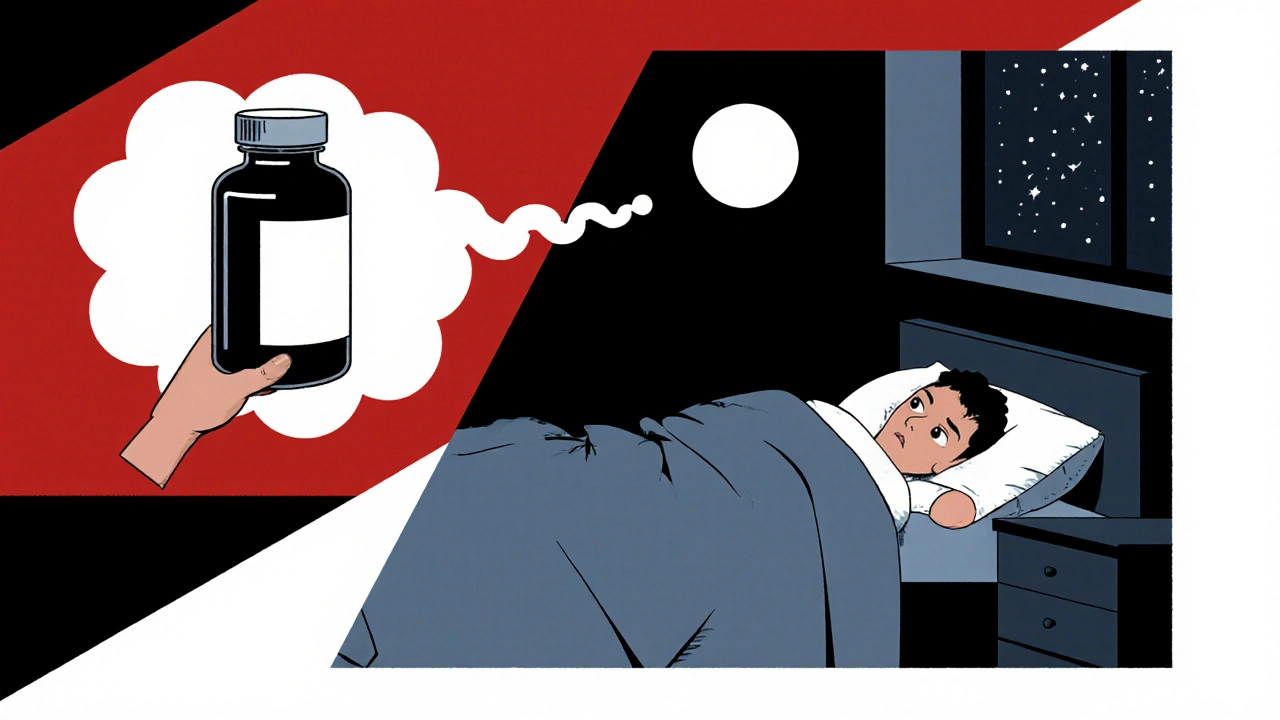Side Effects – What They Are and How to Handle Them
Ever taken a pill and wondered why you felt dizzy or got a rash? That’s a side effect – an unwanted reaction your body has to a drug. It’s normal for medicines to cause some extra symptoms, but knowing the signs can save you from bigger problems.
Why Do Side Effects Happen?
Every medication interacts with your body’s chemistry. Sometimes it hits the target perfectly, other times it bumps into other receptors or enzymes and triggers an off‑target response. Factors like age, weight, genetics, and other medicines you’re on can amplify these reactions.
Spotting Common Side Effects
Drowsiness or fatigue: Many antihistamines, painkillers, and sleep aids make you feel sleepy. If it interferes with work or driving, talk to your pharmacist about a lower dose or a different drug.
Nausea and stomach upset: Antibiotics, NSAIDs, and some mood stabilizers often irritate the gut. Taking them with food can help, but severe vomiting requires medical attention.
Dizziness or light‑headedness: Blood pressure meds and certain antidepressants can lower blood flow to the brain. Stand up slowly and stay hydrated; if it persists, ask your doctor for an adjustment.
Skin reactions: Rashes, itching, or hives may signal an allergy. Mild redness might clear on its own, but swelling or breathing trouble means call emergency services right away.
Changes in mood or sleep patterns: Some SSRIs and steroids affect neurotransmitters, leading to anxiety or insomnia. Keep a symptom diary and share it with your clinician.
These examples cover just a fraction of what you might experience. The key is to read the medication guide, note any new sensations, and act fast if something feels off.
Our tag page collects articles that dive deeper into side effects for specific drugs – from Duratia (dapoxetine) to generic Lipitor. Each post breaks down the most common reactions, how severe they can be, and what steps you should take.
Remember: side effects don’t always mean you need to stop a medication. Often, adjusting timing, dosage, or adding another drug can reduce unwanted symptoms. Always discuss changes with a healthcare professional before making any tweaks.
If you’re unsure whether a symptom is a side effect or something unrelated, call your pharmacist. They have quick access to drug databases and can tell you if the reaction is typical or needs urgent care.
Staying informed empowers you to manage health confidently. Keep this page bookmarked – it’s updated with the latest safety tips and links to detailed guides for hundreds of prescriptions.








